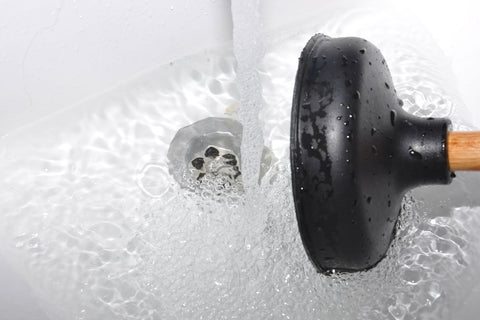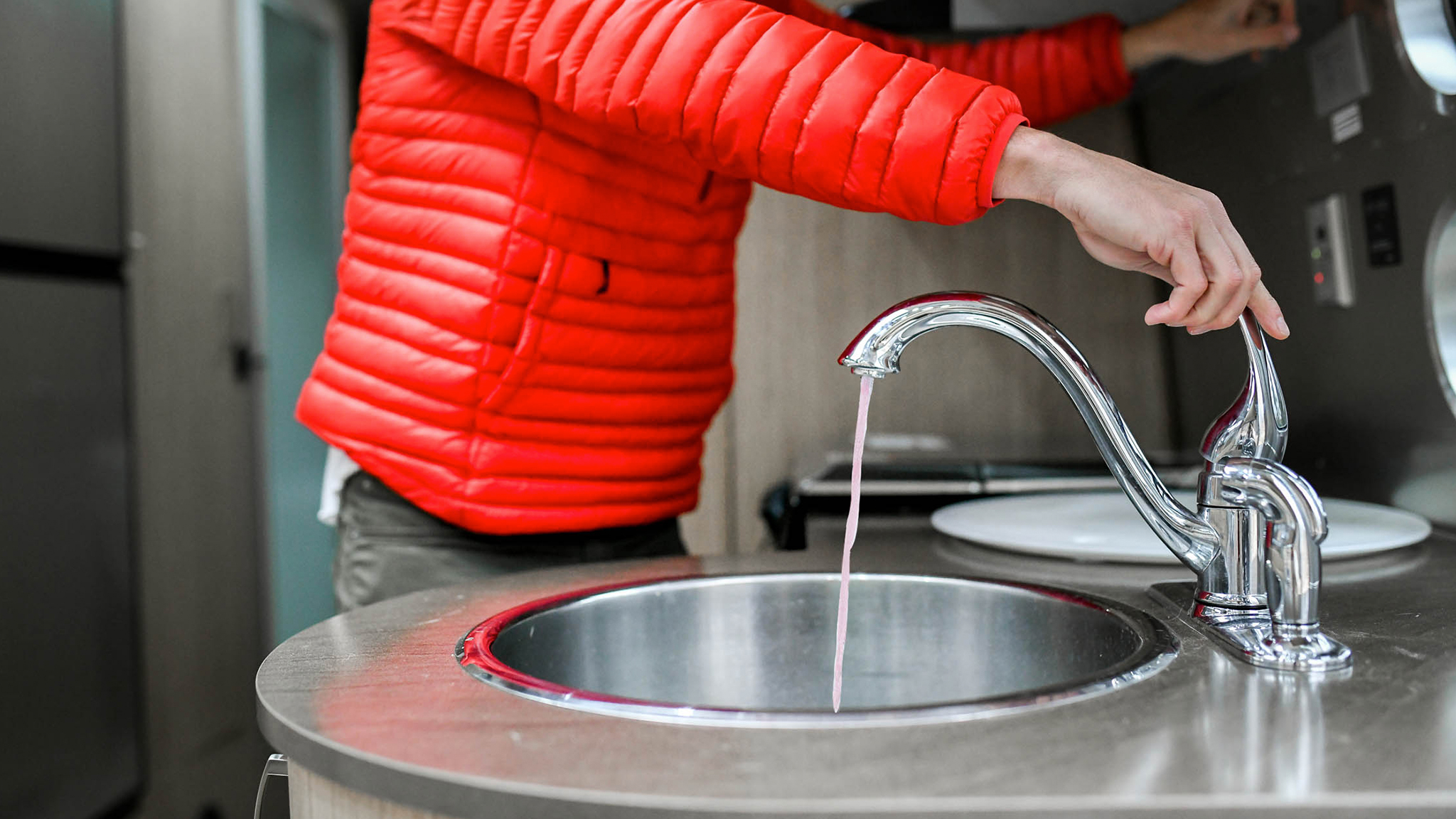This post below on the subject of Winterizing Your Pipes is definitely entertaining. You should check it out.

All property owners that live in warm environments should do their best to winterize their pipelines. Failure to do so can spell disaster like icy, cracked, or burst pipelines.
Switch on the Faucets
When the temperature declines and it seems as if the icy temperature level will last, it will aid to turn on your water both inside your home and also outdoors. This will certainly maintain the water streaming through your plumbing systems. You'll end up losing gallons of water this means.
Open Up Cabinet Doors Hiding Plumbing
When it's cold outside, it would certainly be valuable to open cupboard doors that are masking your pipelines. Doing this tiny method can keep your pipelines cozy and limit the possibly unsafe results of freezing temperatures.
Take Time to Wrap Exposed Piping
One easy and also awesome hack to heat up icy pipes is to cover them with cozy towels. You can cover them initially with towels. After protecting them in place, you can pour boiling water on the towels. Do it gradually to allow the towels soak up the liquid. You can also use pre-soaked towels in hot water, simply don't forget to put on safety handwear covers to protect your hands from the heat.
Attempt a Hair Dryer or Warmth Gun
When your pipelines are nearly freezing, your dependable hair dryer or warm weapon is a godsend. If the warm towels do not aid displace any type of resolving ice in your pipes, bowling hot air straight into them might help. Nonetheless, do not use various other objects that generate direct fires like a strike lantern. This can cause a bigger catastrophe that you can not regulate. You might end up harmful your pipes while attempting to thaw the ice. As well as in the long run, you may even wind up melting your home. So beware!
Turn off Water When Pipes are Frozen
Switch off the major water shutoff quickly if you see that your pipes are completely frozen or almost nearing that stage. You will normally find this in your basement or utility room near the heating unit or the front wall surface closest to the street. Transform it off immediately to avoid more damage.
With even more water, even more ice will pile up, which will eventually lead to break pipelines. If you are not sure concerning the state of your pipes this winter months, it is best to call a professional plumber for an inspection.
All home owners that live in pleasant climates must do their ideal to winterize their pipelines. Failure to do so can mean catastrophe like frozen, fractured, or ruptured pipes. If the hot towels do not aid remove any settling ice in your pipes, bowling warm air straight into them might help. Transform off the primary water shutoff quickly if you see that your pipelines are totally frozen or virtually nearing that stage. With more water, even more ice will load up, which will ultimately lead to rupture pipelines.
PREVENT YOUR PIPES FROM FREEZING THIS WINTER
A Leading Cause of Property Damage
When the weather is taking a deep nose dive into the cold dreary days, the risk of your pipes freezing and potentially bursting skyrockets. Unfortunately, during these cold dreary months, burst pipes are the most common denominator for property damage. The pipes that are most at the risk are those that are in areas where it is most cold in your home. For instance, pipes located in interior places such as basements, attics, and your garage. Unfortunately, that doesn’t mean that the pipes running through your cabinets or exterior walls can’t freeze. Good news, however, is that you can do things to help prevent pipes from freezing.
How to Prevent Pipes From Freezing
Once the temperature starts to drop during the winter, you should be taking the proper measures needed to ensure that your pipes stay warm and that there is circulation of water through them. Some steps that experts may recommend could go against your better judgement when it comes to saving water and heat. However, it would go without saying that when expenses are compared, damaged pipes could put a bigger dent in your wallet than a water bill.
What Can I Do?
Keep your garage door closed. This is very important, especially if you have water supply lines running through your garage. Open your kitchen and bathroom cabinets to allow warm air to circulate through them. Allow air circulation throughout your home. Keeping the interior doors open will once again allow the warm air to circulate inside your home. Ensure your thermostat is running the same temperature throughout the night and day. If you plan to be away from home during the cold months, set your temperature no lower than 55° F. This should provide enough heat to keep the pipes warm and prevent any remaining water inside the pipes from freezing. For more of a long-term solution, add insulation to attics, basement, and other crawl spaces around your home. By allowing your faucet to drip, it will alleviate pressure in the system. This is important because the pressure that is created between the blockage and the faucet can potentially cause the pipes to burst. Allowing the faucet to drip will prevent the pressure from building up, therefore keeping the pipes from bursting. Seal any cracks, openings, and crawl spaces around your home to prevent cold air from coming inside. This keeps your pipes-not to mention your home-warmer and less susceptible to issues caused by freezing temperatures. For the pipes in your home that are easily accessible, applying electrical tape to them might prevent them from freezing over. This is a quick fix, as you can apply the tape directly to the pipe. There are two options for heating tapes. One turns on and off by itself when it senses heat is needed. The other type of heating tape needs to be applied when heat is needed and removed when not necessary. If you have exposed pipes in your home, you can check this website to take a look at a few options that would be available at a shop near you.

Hopefully you enjoyed our piece on How to stop pipes from freezing during the winter. Thank you for taking the time to browse our blog. Feel free to take a moment to share this page if you enjoyed reading it. Thank-you for going through it.
Maintenance Sign-Up